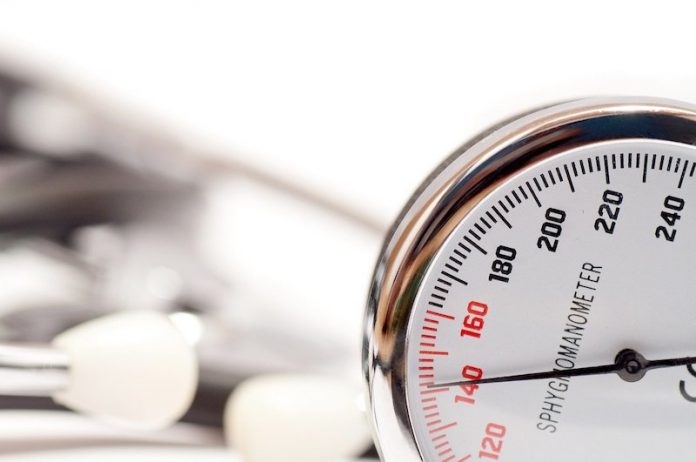
In a new study, researchers found that after a high-salt diet, females are better able to keep their pressure down by increasing levels of a T cell that selectively dials back inflammation.
They found females have an innate ability to upregulate these anti-inflammatory cells, called Tregs, in response to a challenge.
The cell’s levels are known to increase to help maintain a healthy pregnancy, for example, so the immune system does not attack the fetus, which has DNA from both parents.
The research was conducted by a team at Augusta University.
Tregs are known to help protect us from an excessive immune response, like the cytokine storms causing so much destruction in COVID-19, as well as autoimmune diseases like rheumatoid arthritis, where our immune system attacks our own tissues, and are naturally associated with lower blood pressures and less organ damage.
The new study supports the hypothesis that females rely heavily on Tregs for blood pressure control and this mechanism accounts for at least one of the sex differences in that control.
The team says females, at least before menopause, tend to have lower blood pressures than males.
Based on studies in this and other models, they believe that the ability of the female to maintain or upregulate those T regulatory cells is critical to their ability to maintain a lower pressure.
It’s a compensatory response to an increase in blood pressure to help the overall cardiovascular impact.
This innate ability could provide a promising new high blood pressure treatment strategy, particularly for females.
The researchers say that the findings could lead to therapies, potentially for both sexes, to also avoid or treat high-inflammation conditions like autoimmune and heart disease.
In fact, autologous Treg therapy is already showing promise in conditions where excessive inflammation is a factor like Crohn’s disease and type 1 diabetes.
The team now is looking further at the production of the anti-inflammatory cells, including the role of the short-lived gas and powerful blood vessel dilator nitric oxide, which has been associated with increased Treg levels in females. Estrogen increases nitric oxide production.
The study is published in Hypertension.
Copyright © 2020 Knowridge Science Report. All rights reserved.



